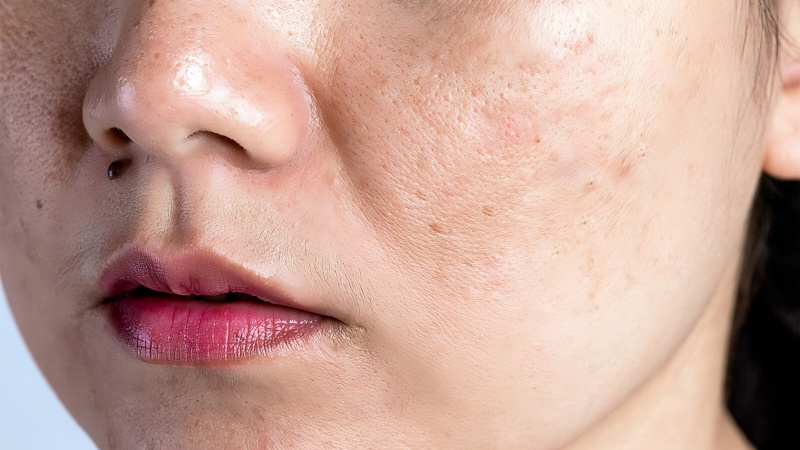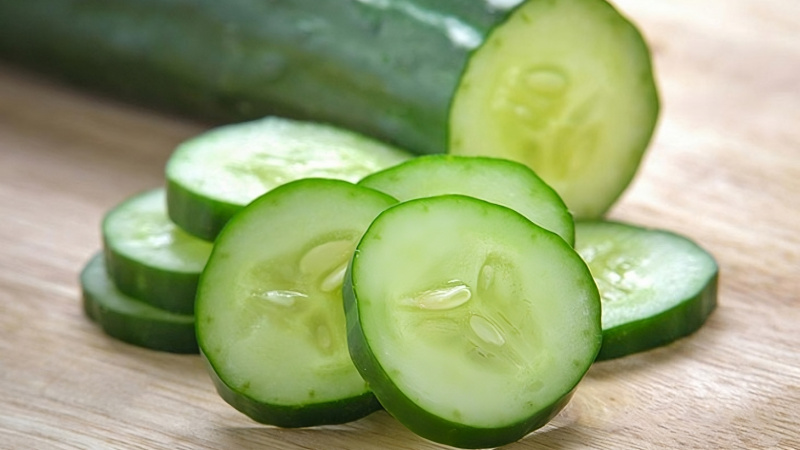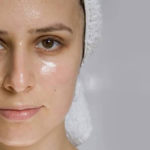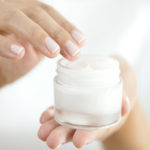Melasma, or the “mask of pregnancy,” is a common skin condition that many new mothers experience. It is characterized by dark patches on the skin, typically appearing on the face, neck, and arms. While it is not harmful, it can be a source of concern for many women, affecting their self-confidence. Understanding the causes and finding effective treatments are crucial steps to addressing this condition.
Note: The content below is for reference only. Always consult a qualified healthcare professional or dermatologist before proceeding with any treatment.
1 Understanding Melasma
Melasma is a skin condition that occurs when there is an excess production and deposition of melanin, the pigment that gives skin its color. This results in dark patches, usually on the face, neck, and arms. While it is commonly associated with pregnancy, it can also be influenced by other factors.
 Melasma is a common skin condition experienced by new mothers.
Melasma is a common skin condition experienced by new mothers.
2 Causes of Melasma in Postpartum Women
There are several factors that contribute to melasma in postpartum women:
- Hormonal Changes: During pregnancy, the body produces higher levels of estrogen and progesterone, which can increase melanin production and lead to melasma.
- Age: According to Hong Ngoc General Hospital, women who give birth after the age of 30 are at a higher risk of developing melasma. This is due to the skin’s reduced elasticity, which can lead to chronic melasma.
- Immune System Changes: Postpartum women often experience a decrease in their immune system function, making their skin more susceptible to irritation and damage, which can trigger melasma.
 Understanding the causes of melasma in postpartum women.
Understanding the causes of melasma in postpartum women.
- Stress and Fatigue: Adjusting to new motherhood can be stressful and tiring. Prolonged stress can affect the endocrine system, leading to unstable melanin production and melasma.
- Sun Exposure: Ultraviolet (UV) rays from the sun can damage the skin’s natural protection and cause dryness, making the skin more prone to melasma. Postpartum skin is often more sensitive and vulnerable to sun damage.
- Genetics: If someone in your family has experienced melasma, your chances of developing it may be higher.
- Lack of Self-Care: Not taking care of your skin can make it more sensitive and prone to damage and melasma.
3 Will Melasma Go Away on Its Own?
In some cases, melasma may fade on its own within about six months after giving birth. However, for others, the dark patches may persist. This can be influenced by genetic factors, the severity of melasma, and individual skin characteristics.
 Melasma may fade on its own, but for some, it may persist.
Melasma may fade on its own, but for some, it may persist.
4 Treatment Options for Melasma in Postpartum Women
Turmeric Powder and Lemon Juice
Turmeric has soothing properties and can help reduce inflammation and acne. Combining turmeric powder with lemon juice, which is rich in citric acid, can help exfoliate the skin, promote skin renewal, and improve skin tone.
Instructions:
Mix equal parts of turmeric powder and lemon juice to form a paste. Apply this paste to your face and other affected areas. Leave it on for about 15 minutes, then rinse it off with warm water.
For best results, use this treatment twice a week.
 Turmeric powder and lemon juice treatment.
Turmeric powder and lemon juice treatment.
Fresh Potato Slices
Potatoes are rich in skin-beneficial nutrients like vitamin C, B6, and antioxidants. These nutrients help brighten the skin, reduce dark spots, and fade melasma. Applying fresh potato slices provides moisture to the skin, making it softer and smoother.
Instructions:
Peel and slice a potato, then place the slices on the affected areas. Leave them on for about 10 minutes to allow your skin to absorb the nutrients. For best results, use this treatment twice a week.
 Using fresh potato slices to treat melasma.
Using fresh potato slices to treat melasma.
Lemon Juice and Honey
Lemon juice and honey is an effective combination for treating melasma. Honey has antibacterial and antiseptic properties, helping to cleanse the skin and improve acne. It also soothes and moisturizes the skin, making it softer. Meanwhile, lemon juice contains natural citric acid, which helps fade dark spots and even out skin tone.
 Using lemon juice and honey to treat melasma.
Using lemon juice and honey to treat melasma.
Instructions:
Aloe Vera and Honey
Aloe vera has soothing properties and helps soften the skin. Honey, on the other hand, has whitening and moisturizing effects, helping to brighten the skin. Combining aloe vera and honey can effectively fade postpartum melasma.
 Using aloe vera and honey to treat melasma.
Using aloe vera and honey to treat melasma.
Instructions:
Orange Peel Mask
Orange peels are rich in antioxidants and vitamin C, which help brighten the skin and fade dark spots. To make an orange peel mask:
 Using an orange peel mask to treat melasma.
Using an orange peel mask to treat melasma.
Apple Cider Vinegar
Apple cider vinegar is a natural and effective way to treat melasma at home. It contains malic and acetic acids, which help fade dark spots and brighten the skin. To use this treatment:
Using this treatment twice a week can help fade melasma. However, apple cider vinegar has a strong acidic nature, so always dilute it before use. If you experience any irritation or rash, discontinue use immediately.

Cucumber
Cucumbers are rich in , which help cool and moisturize the skin, reducing dryness and melasma.
Instructions:
 Using cucumber to treat melasma.
Using cucumber to treat melasma.
Tomato and Oatmeal
Using tomatoes and oatmeal is a safe and effective way to treat melasma. Tomatoes are rich in vitamin C and , which help fade dark spots and brighten the skin. Oatmeal soothes and moisturizes the skin, reducing dryness and melasma.
 Using tomato and oatmeal to treat melasma.
Using tomato and oatmeal to treat melasma.
Instructions:
5 Prevention Tips for Postpartum Melasma
To prevent melasma, new mothers can follow these tips:
- Use Sunscreen: Sun exposure is a major cause of melasma. Apply sunscreen with an SPF of at least 30 to exposed skin before going outdoors.
- Choose Skincare Products with Vitamin C and E: These vitamins help brighten the skin and reduce melanin production, preventing melasma.
- Eat a Healthy Diet: Include vitamin-rich and antioxidant-rich foods in your diet to improve skin health and reduce the risk of melasma.
- Maintain a Healthy Lifestyle: Getting enough sleep and engaging in light exercises can help reduce stress and fatigue, protecting your skin’s health.






































